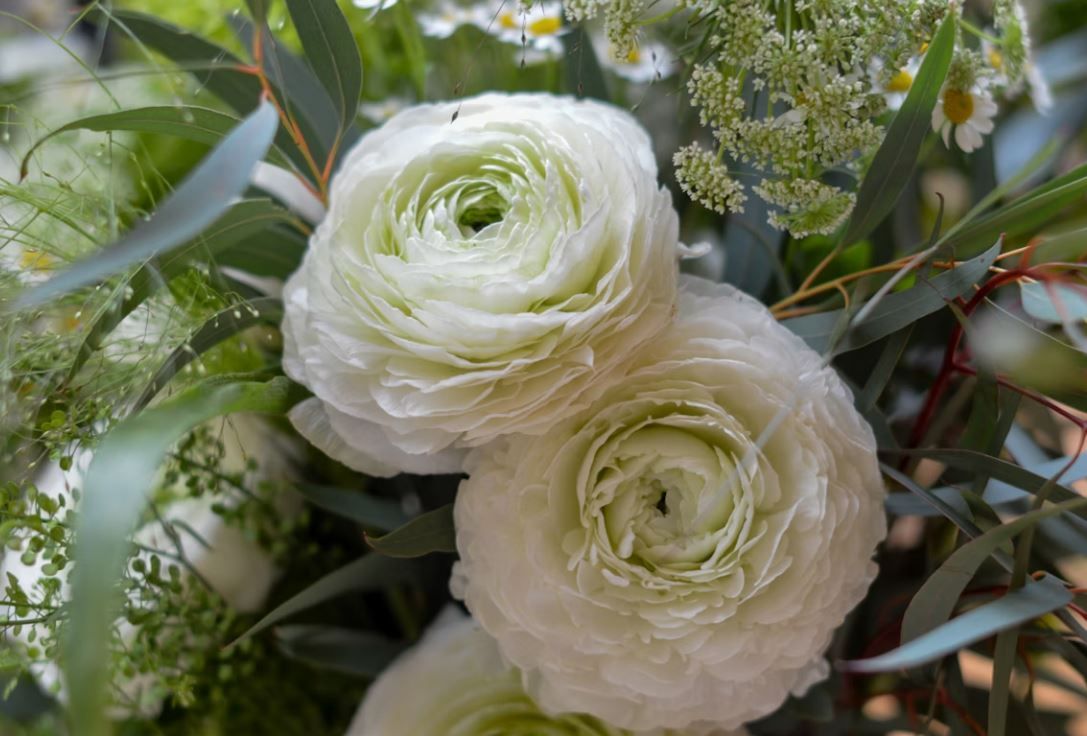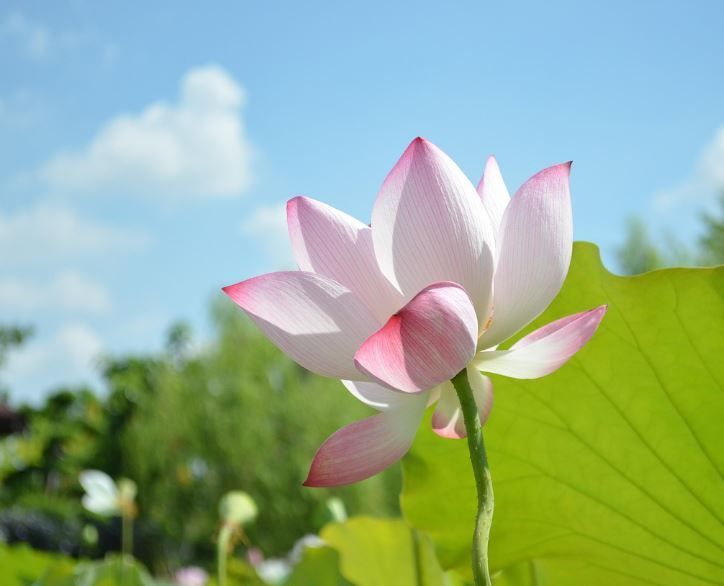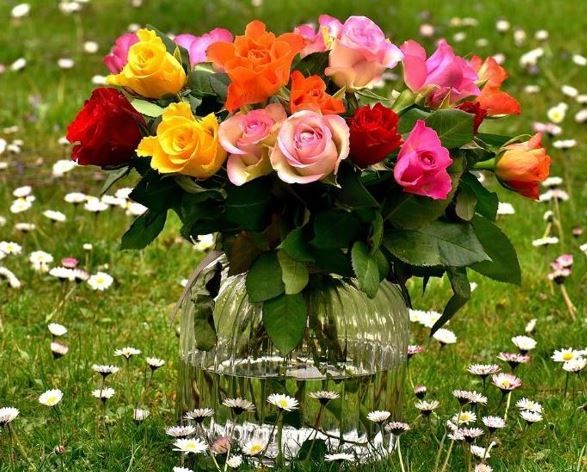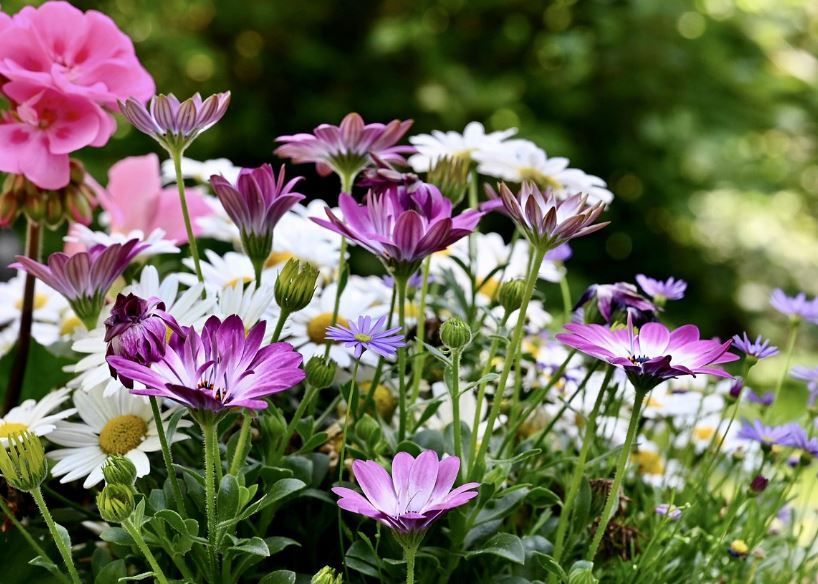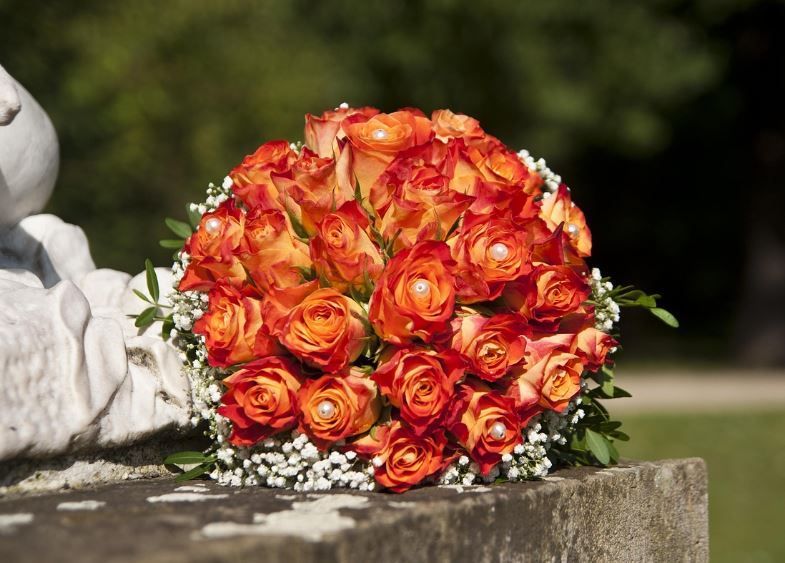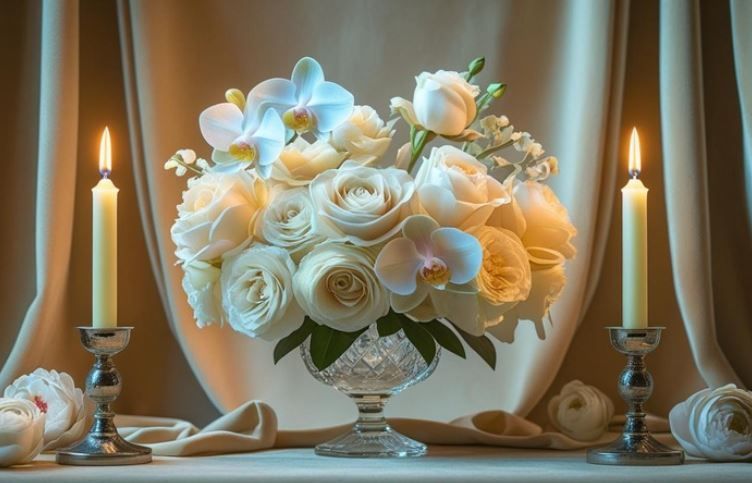Why We Need More Diversity in Funeral Traditions
Explore why diverse funeral traditions are essential to modern communities and how they shape inclusive, respectful mourning practices for all families.
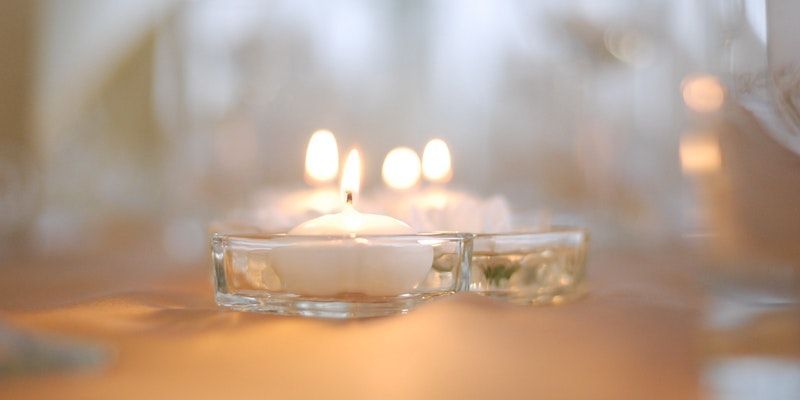
In an era where cultural identities are increasingly celebrated, the need for diversity in funeral traditions is more important than ever. From honoring ancestral customs to recognizing modern family structures, inclusive practices ensure every life is remembered in a meaningful, respectful way. This evolution is especially vital for Zionsville, IN funeral homes striving to meet the needs of a growing and varied population.
Funeral Traditions Are a Reflection of Cultural Identity
Funerals are not only a farewell but also a cultural expression. For centuries, communities across the world have developed rituals that reflect their beliefs about life, death, and the afterlife. From the elaborate mourning periods in East Asian traditions to the deeply symbolic rituals of Native American tribes, each custom serves to offer comfort, closure, and communal support. When funeral homes embrace these diverse traditions, they affirm the identities of the families they serve.
In the United States, the melting pot of global heritage has led to an increasing demand for funeral services that respect religious, spiritual, and ethnic practices. Yet, historically, many funeral services have been standardized around Eurocentric Christian norms. Expanding beyond this model is not only socially responsible—it is also essential for businesses adapting to demographic shifts.
Changing Demographics Require Inclusive Approaches
America’s demographic landscape is evolving rapidly. According to census trends and local shifts in areas like Zionsville, funeral homes are now serving a broader range of families from diverse racial, ethnic, and religious backgrounds. This presents both a challenge and an opportunity: funeral homes must be agile enough to accommodate cultural requests while maintaining sensitivity and professionalism.
For example, Hindu families may request cremation followed by specific rituals, while Jewish families often follow strict burial timelines and customs regarding mourning periods. African American and Hispanic communities may desire services that incorporate music, vibrant celebration, or multi-generational participation. The ability to honor these differences is becoming a hallmark of excellent service.
Personalization and Inclusivity Build Trust
Families today want more than a transaction—they want an experience that reflects their loved one’s life, values, and heritage. Diversity in funeral traditions allows families to personalize services, incorporating music, language, dress, food, and ceremony in ways that feel authentic.
When funeral professionals demonstrate cultural fluency and empathy, it strengthens community trust. This is especially important in a field where vulnerability and emotional sensitivity are at the forefront. Staff trained in cultural competency can help families feel seen and supported, which not only improves service quality but also fosters lasting relationships.
Embracing Diversity Is a Strategic Business Imperative
While the ethical reasons to support diverse traditions are clear, there are also sound business reasons. Funeral homes that adapt to the needs of a multicultural population can expand their market share and stand out in an increasingly competitive industry. This aligns with broader goals identified across the profession, such as the need for diversified revenue streams and increased call volume year-over-year.
Moreover, offering culturally appropriate services helps funeral homes compete against large corporate entities and lower-cost alternatives by providing distinctive value. In an environment where loyalty is no longer guaranteed by tradition, businesses that invest in inclusive practices are more likely to retain and attract a broader clientele.
Inclusivity Strengthens Community Bonds
Diverse funeral practices are not only about accommodating differences—they are also about celebrating them. A community that sees its values reflected in its funeral options is more likely to feel supported and connected. For towns like Zionsville, where populations are becoming more varied, inclusive funeral services help maintain social cohesion and mutual respect.
Funeral homes that serve all ethnicities and faiths play a crucial role in shaping how communities navigate loss and remembrance. Their commitment to honoring diverse traditions sends a powerful message of unity, compassion, and understanding.
A Call for Cultural Literacy and Compassion
To foster diversity in funeral services, education and training are key. Funeral directors and staff must be equipped with the knowledge and cultural literacy to serve families with dignity and precision. Partnering with cultural consultants, attending interfaith workshops, and inviting feedback from clients are proactive steps toward building a more inclusive practice.
Furthermore, community engagement—through cultural events, open houses, and informational sessions—can help funeral homes build stronger, more informed relationships. These efforts not only enrich the services offered but also reinforce the funeral home's role as a trusted community partner.
Conclusion
As families become more culturally diverse, funeral services must evolve to reflect the richness of those traditions. Embracing this diversity is not only an act of respect but a strategic imperative for Zionsville, IN funeral homes seeking to remain relevant and compassionate in a changing world. By honoring the individuality of each life and the heritage behind each farewell, we create spaces of healing, remembrance, and belonging. Contact us today to learn how Aaron-Ruben-Nelson Mortuary supports personalized, inclusive services that respect all traditions.

